
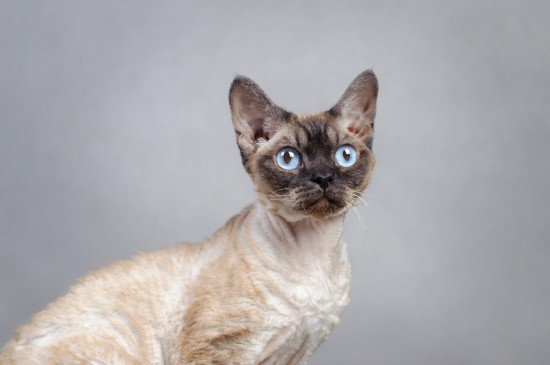
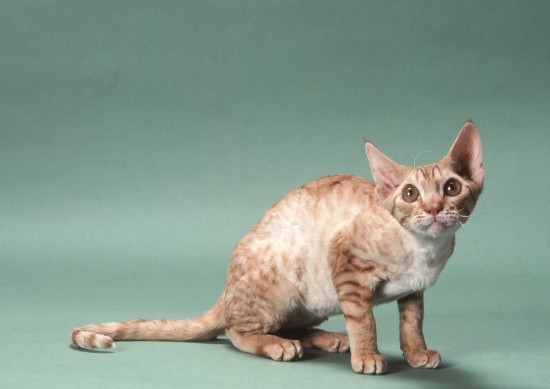
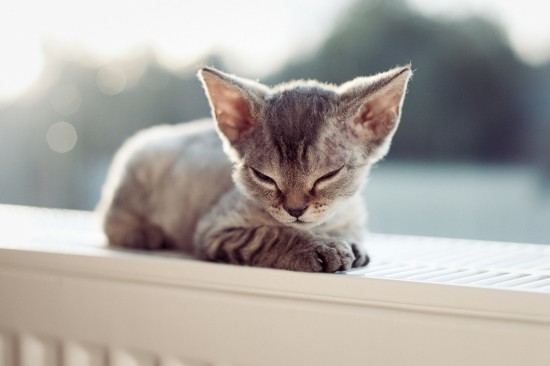
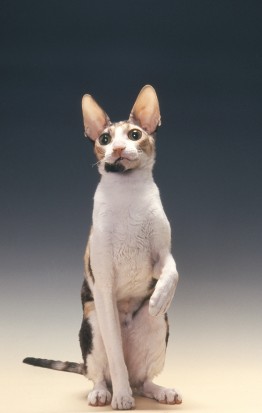
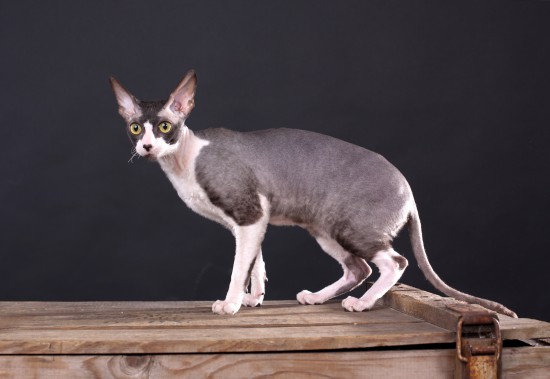
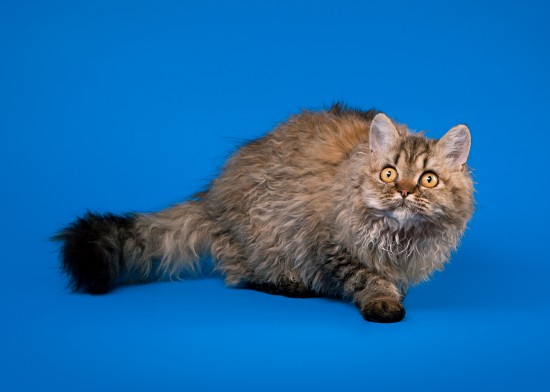
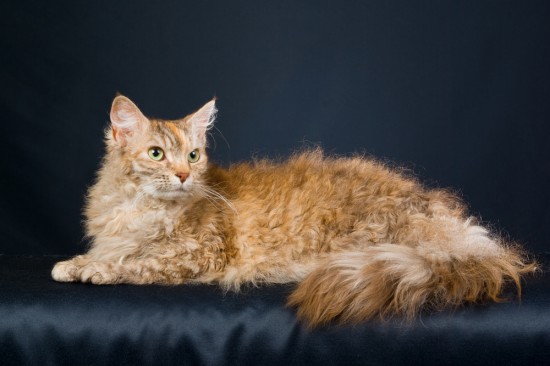
The term “rex” refers to a genetic mutation that leads to cats carrying the gene being born with a distinctive curly haired or wavy coat. This naturally occurring genetic mutation is considered to be a desirable trait within cats of the breeds that accept it, although a mutation leading to a rex coat in other breeds that do not accept this variation as one of the breed standards is considered to be an anomaly.
If you are wondering exactly what makes a rex cat, if all of the different rex breeds are actually related and how the breeds themselves came into being, we’ve got you covered. Read on to learn more about rex cat breeds and their traits.
Many people have never actually seen a cat with a rex coat in the flesh, and it is fair to say that all rex breeds are fairly unusual and uncommon. The rex coat itself is caused by a spontaneously occurring genetic mutation that is then selectively bred into subsequent generations of the cats. Left unchecked or in the wild, it is highly likely that the gene for the curly coat would occur only very occasionally as an anomaly, and not become a dominant or signature trait within the breed without human intervention.
The distinctive genetic trait that all rex breeds have in common is the curly or wavy coat and sometimes, whiskers that these cats have, and their fur is usually known as down-hair. Variations between different cats mean that different rex cats can have anything from very fine, downy hair with only a slight wave in it, right through to coats that appear to be tightly kinked or curled. Rex cats do not shed as much fur as many other cat breeds, and their shed hair tends to be retained within the coat, and so most cats with rex coats require regular brushing or grooming to remove loose hair.
While it would be reasonable to assume that all of the various different rex cat breeds are related, this is not in fact the case. Interestingly, while the rex coat is always caused by a specific gene mutation, the exact gene in question is different for each of the different rex cat breeds, and not due to a common denominator. In fact there are several different genes and gene mutations that can lead to the development of the rex coat, despite the end result being the same or very similar in each case!
Due to this reason, crossing different breeds of rex cat with other rex breeds is unlikely to lead to a curly or wavy coat in the subsequent offspring, as neither gene will be dominant in its singular form and two different genes for a rex coat will not work in tandem!
The Devon Rex and Cornish Rex cats both hail from England’s Southwest, and are very near neighbours in geographic terms. Despite this, the two breeds are totally distinct from each other, as each breed has a different gene mutation in their make up that leads to the rex coat.
There are four main rex cat breeds that are present in significant numbers and internationally recognised, plus various other rarer or less well known rex breeds as well.
The Devon Rex originated in Devon in the 1960’s, with the first kittens of the breed being discovered in an abandoned mine. It was automatically assumed that these cats were related to their near neighbours, the Cornish Rex cat, but this was proven not to be the case by means of test mating, as mating these new Devon Rex cats with established Cornish Rex cats did not lead to further rex kittens, indicating that a different gene mutation wasin play.
The Cornish Rex has extremely fine, soft downy fur, and is best suited to living as an indoor-only cat or with only supervised access to the outside world during the colder months of the year, as their coats provide little protection against the elements. Their body temperatures generally run a degree or so higher than that of most other cats, and the Cornish Rex is a cat that likes to keep warm! The Cornish Rex cats originated around a decade earlier than the Devon Rex cat, with the first litter being born on a farm in Cornwall in the 1950’s.
The Selkirk Rex originated in Montana, USA in 1987, and the gene mutation that led to the establishment of this breed differs from the other rex breeds as it is considered to be an incomplete dominant gene, rather than a true dominant gene. This means that three different common coat variations may be seen within any line or litter of Selkirk Rex kittens, ranging from a tight, close curl to a very full, wavy coat.
The LaPerm cat gets its name from the curly, tight appearance of the fur (it being likened to permed hair on people) and originated in 1982 on a farm in Oregon, USA. The first male kittens of the breed were left un-neutered and allowed to breed with the other farm cats, resulting in the dominant rex gene leading to many subsequent litters of rex cats to be produced, and the breed to be founded. LaPerm cats may have either long or short curly coats, with a soft, silky feel.
Other recognised but much less common rex cat breeds include the Ural Rex, German Rex, Tennessee Rex and Skookum. The rex gene mutation itself can theoretically occur within any breed of cat in the world, as it is considered a genetic anomaly. Various other breeds of cat including the Persian and Maine Coon have been known to produce rex-coated litters on occasion, although this permutation of the coat type is not recognised within the breed standard and is not deliberately bred into future litters.
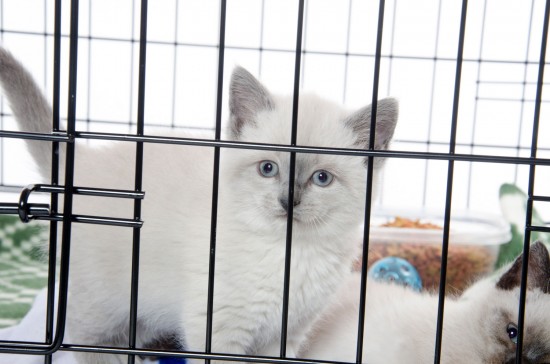 Places Where You Should Not To Buy A Kitten
Places Where You Should Not To Buy A Kitten
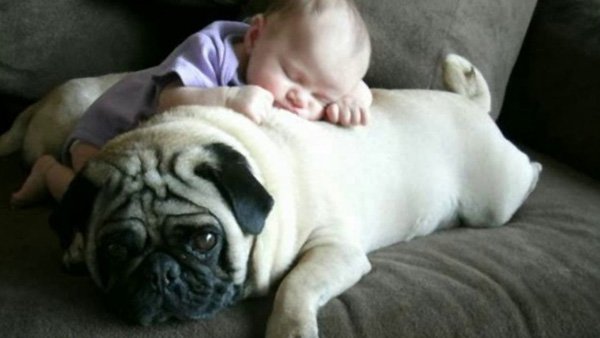 Why Physical Examination Is Important For Your Pet
Why Physical Examination Is Important For Your Pet
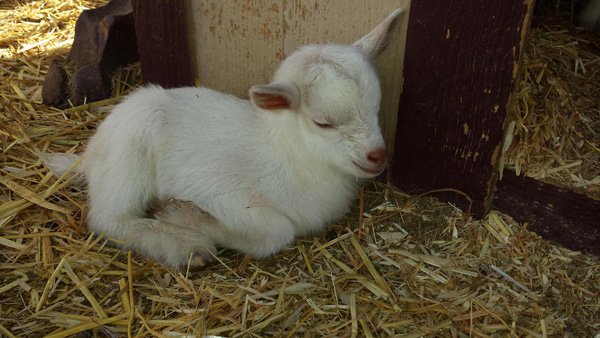 Pick the Perfect Cheap Chicken Coops for Your Feathered Friends
Pick the Perfect Cheap Chicken Coops for Your Feathered Friends
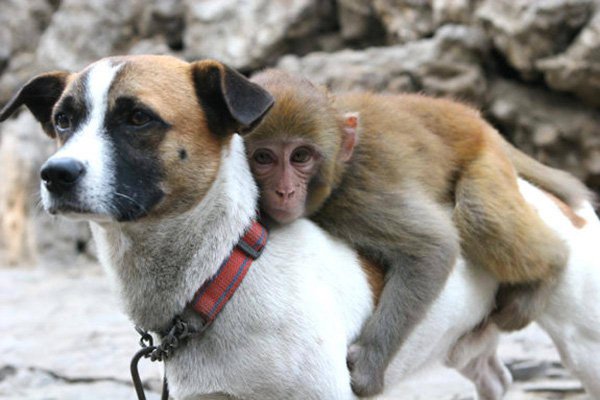 Plan Your Chicken Runs or Your Pets May Become Food for Hungry animals
Plan Your Chicken Runs or Your Pets May Become Food for Hungry animals
 What To Do If You Have Visitors Who Are Afraid Of Dogs
What To Do If You Have Visitors Who Are Afraid Of Dogs
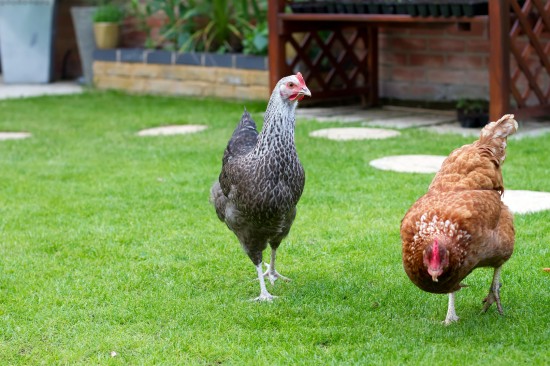 Top Tips For First-time Chicken Owners
Top Tips For First-time Chicken Owners
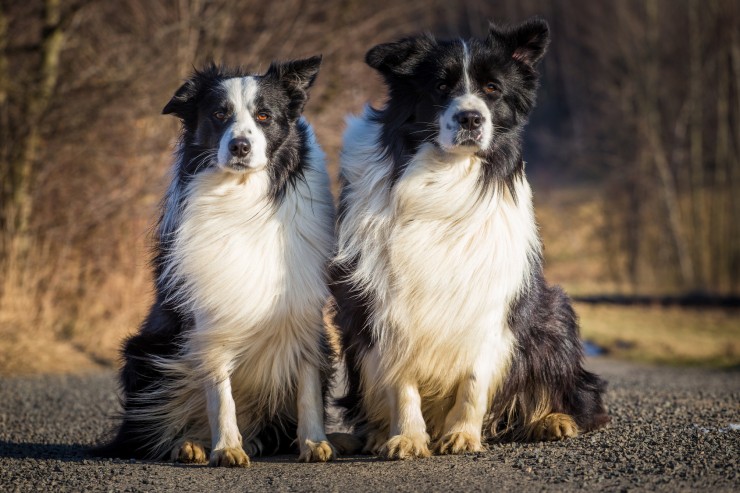 Hypotension In The Dog
Hypotension In Th
Hypotension In The Dog
Hypotension In Th
 Do Animals Have Souls?
One day when yoga instructor Kari Harendorf was practicing b
Do Animals Have Souls?
One day when yoga instructor Kari Harendorf was practicing b
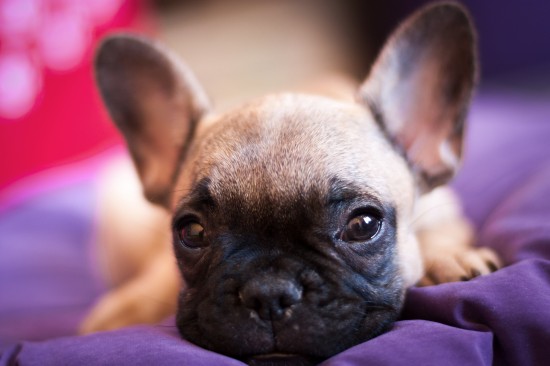 Worming Your Puppy - More Information And What To Expect
Worming Your Pupp
Worming Your Puppy - More Information And What To Expect
Worming Your Pupp
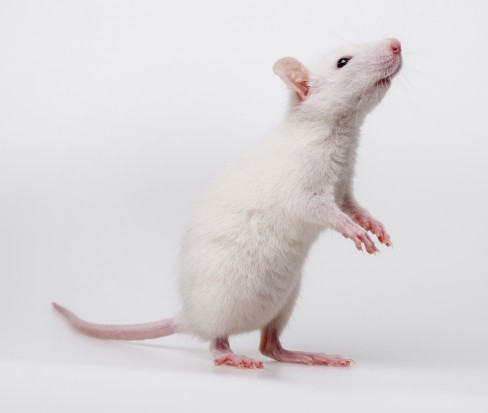 10 Reasons Why You Should Own A Pet Rat
10 Reasons Why Yo
10 Reasons Why You Should Own A Pet Rat
10 Reasons Why Yo
 How to Select Puppies for Sale?
How to Select Puppies for Sale?
To some people
How to Select Puppies for Sale?
How to Select Puppies for Sale?
To some people
Copyright © 2005-2016 Pet Information All Rights Reserved
Contact us: www162date@outlook.com